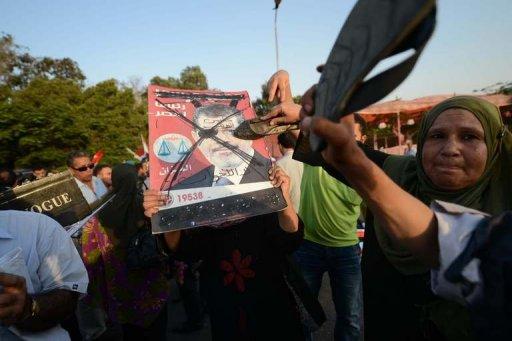Concerning Mohammed Salmawy’s column Long Live a Free Egypt (Commentary, Nov. 23), he is correct in chastising Egyptians for not celebrating their obviously rich literary heritage. And indeed it is slightly embarrassing that a country like Israel – which the majority of the Egyptian intelligentsia oppose the normalization of relations with, including cultural ones – would laud our only literary Nobel Laureate in a manner more befitting.However, this shouldn’t come as surprise. While illiteracy rates are still high, one must also admit that for all our outstanding literary talents, literature has never been central to our way of life. The rawi, or storyteller, occupied a more vaunted position in our tradition, simply for practical reasons.And , is it not true that Mahfouz holds higher status in Egyptian life simply because he was recognized abroad? Had it not been for the Nobel, fewer Egyptians would have known his name. Unfortunately, it is only after international appreciation that we – his fellow countrymen – appreciated him. Not for his works mind you, but more for the status he brought us. For further proof, one need just look at Mahfouz’s contemporaries. Equally talented but less celebrated authors such as Yousef Idriss, Tawfik Al-Hakeem and Ihsan Abdel Qudduos. And lest we forget, while the alleys of Egypt are what inspired Mahfouz to create his works, it is also Egypt that banned one of his seminal works, Children of our Alley, a religious parable so humane and moving, its absence from bookshelves for so long was a travesty.And maybe it is fitting that Israel celebrates Mahfouz, for it was his steadfast and deep-rooted ties with this land (which he never left, his daughters accepting his Nobel on his behalf), that achieved him world fame. Let the world celebrate the most local of internationally renowned writers.And in the end, it really doesn’t matter. Mahfouz’s stories are celebrated in the allies and coffee houses of Cairo, the air of Qasr El-Nil Bridge at 5 am and yes, between the two palaces.
